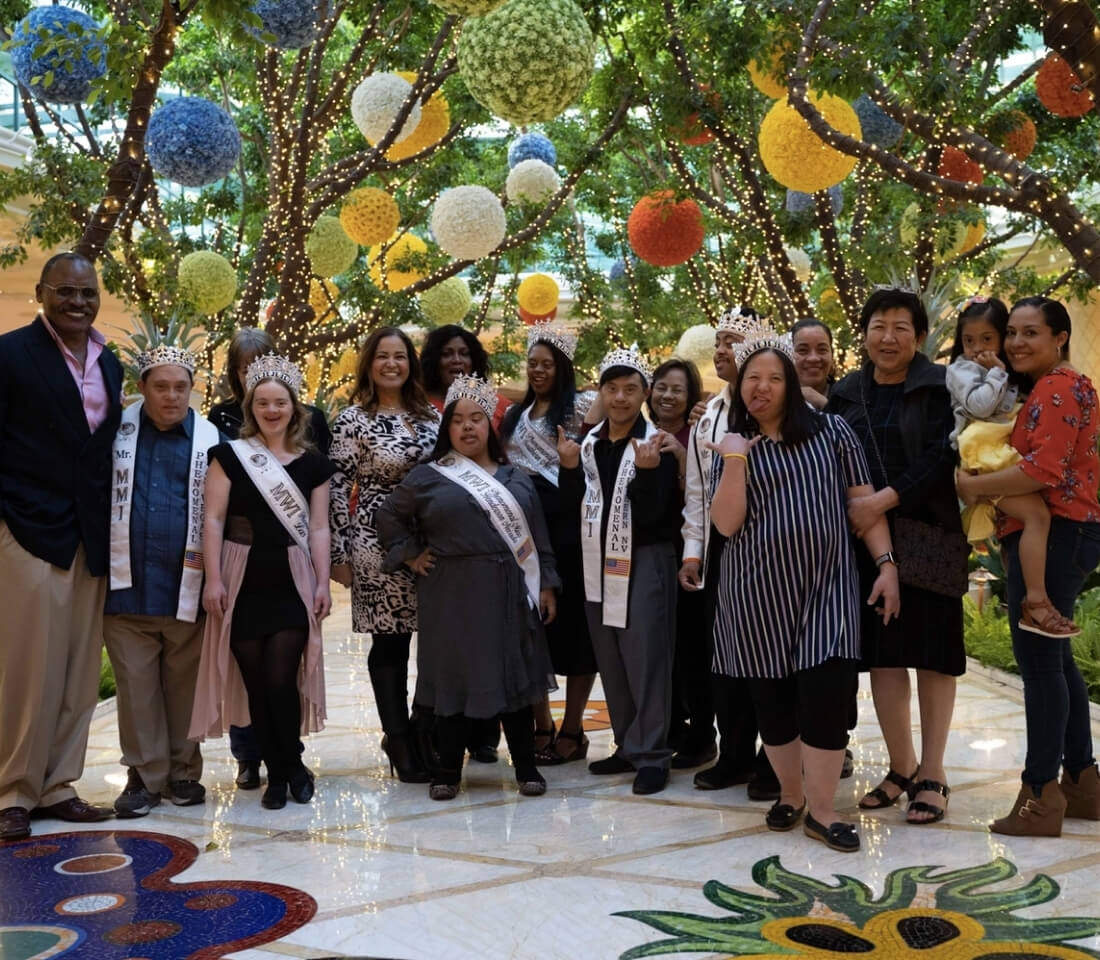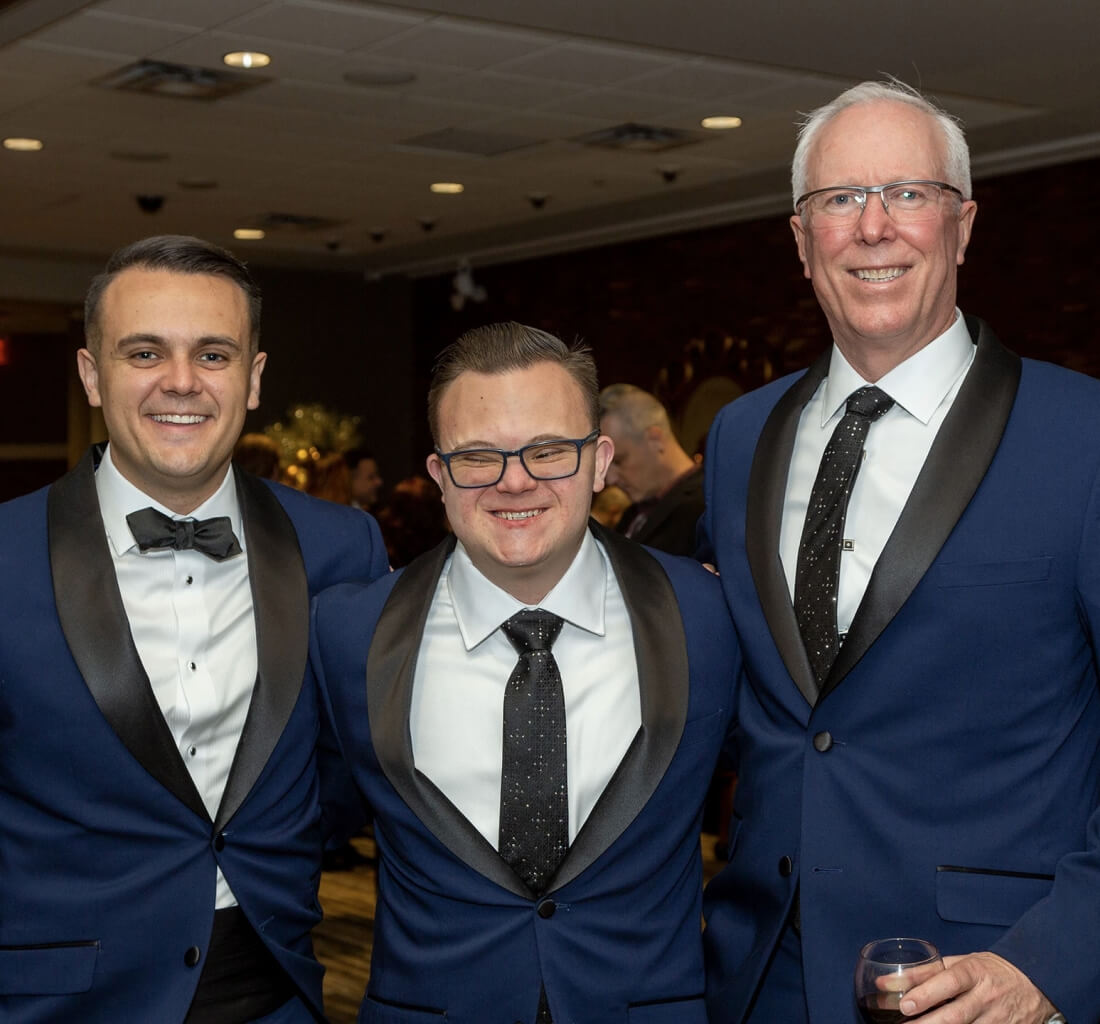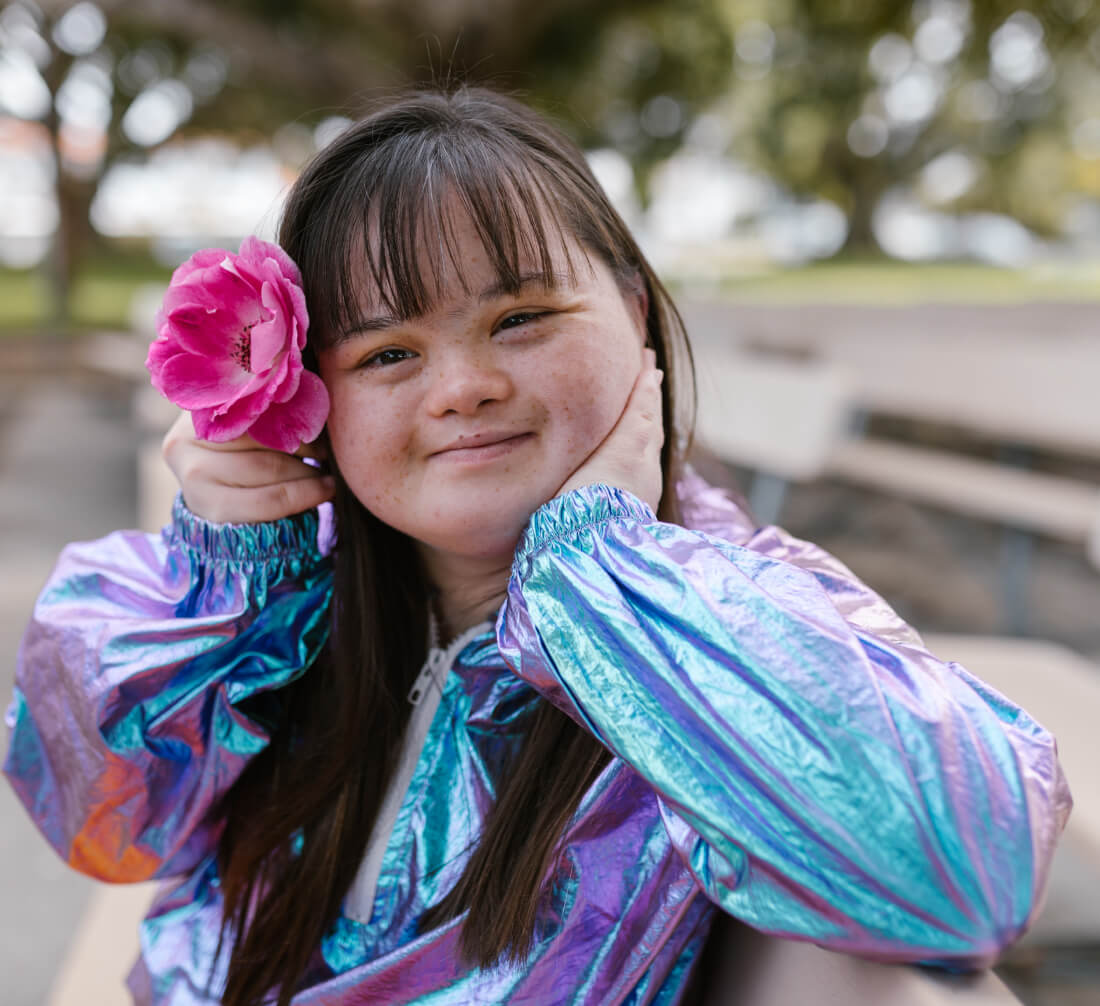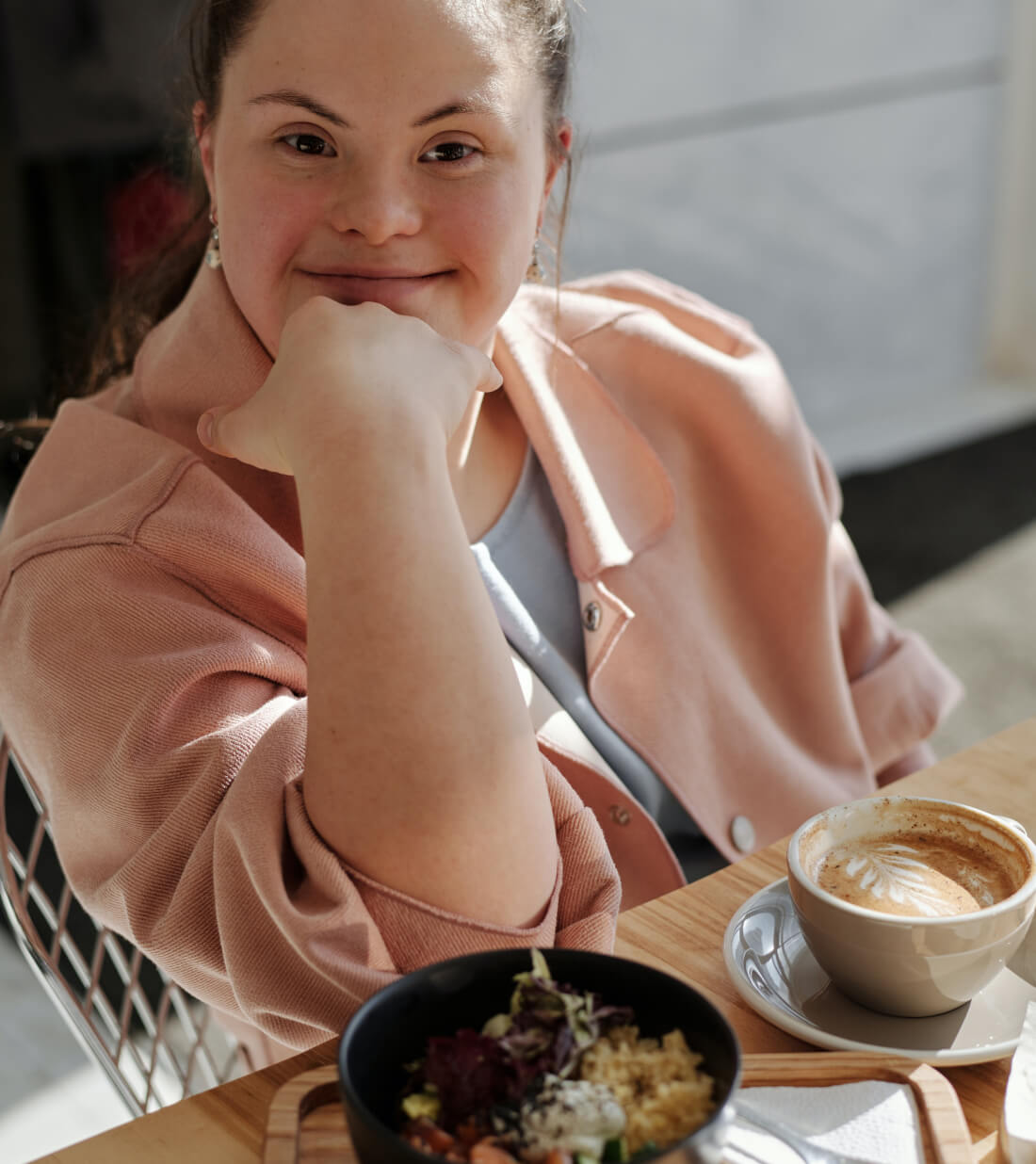Founded in 1987, Down Syndrome Organization of Southern Nevada (DSOSN) is a 501(c)(3) organization with a service population made up of individuals with unique abilities, most of whom are diagnosed with Down syndrome and other intellectual developmental disabilities (IDD). The organization offers an array of impactful programs and recreational activities, all at no cost to its members. Aimed at meeting the critical needs of this service population, DSOSN also fosters a constructive perception of persons diagnosed with Down syndrome (and other IDD) by focusing on maximizing their potentials, through self-awareness, self-advocacy, inclusion, and job-readiness preparation and training for independent living and employment opportunities.
For questions and/or additional information, you may also contact Peter Whittingham, Chair, Board of Directors, at the phone number or email address below:
P: (626) 780-5976
E: pwhittingham@dsosn.org







